9 Amazing Tips on How to Take a Test That Every Student Should Try
Learning how to take a test confidently can be extremely difficult, here 9 tips to make your life a little easier.
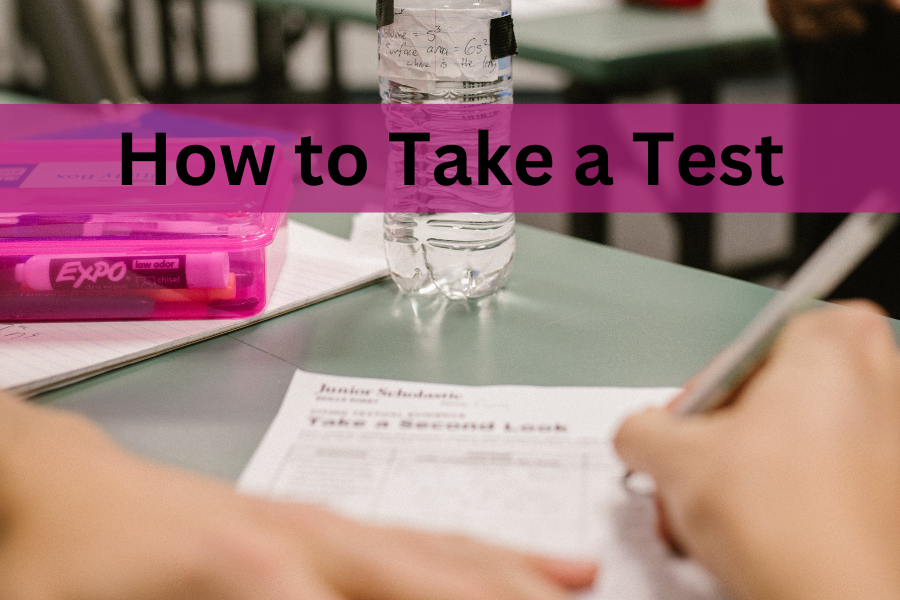
Test-taking is often an anxiety-inducing experience. From stressing about the study process to worrying about your grade after the fact. It's never easy to navigate learning how to take tests confidently.
Especially if you're just starting to take high-stakes tests, it's a new world to navigate on top of all of the other difficult things in life. If you're struggling to figure out the best hacks on how to take a test this is for you.
There are a ton of tips and tricks out there to make the experience more bearable. I've listed a couple of the tips that have been life-changing in the test-taking game for me.
This post is all about how to take a test successfully.
How to Take a Test
1. Effective Studying Habits

If you're looking for quick methods on how to take a test well overnight, this section probably isn't for you. One of the best things you can do to set yourself up well for taking a test is to learn the most efficient study habits. Studying for a test shouldn't take you hours. And, it also shouldn't be done in one day. Some of my best tips for studying effectively and efficiently are to:
- Ask Questions
This may seem like a super basic study tip, but trying to do everything yourself when it comes to school is not a good idea. Doing something with just one other person in your class or scheduling a meeting with the teacher can save you so much time. Try it out at least once and go from there.
- Be Strategic
A lot of people use flashcard websites like Quizlet to study for everything. This isn't the best study strategy. Quizlet is great for vocabulary and that's basically it. There are a ton of other study strategies to use for things that aren't vocabulary. You could do mind maps (for concepts), rewriting difficult ideas (for anything), or the Pomodoro Technique (for larger content areas).
- Don't Procrastinate
Believe me, I know this is easier said than done. However, procrastination is your worst enemy when it comes to efficient studying. Spending hours studying for a test the night before will only make you frustrated and tired. If your goal is to walk into a test feeling prepared and confident you have to do everything you can to avoid procrastination.
2. Best Studying Tips
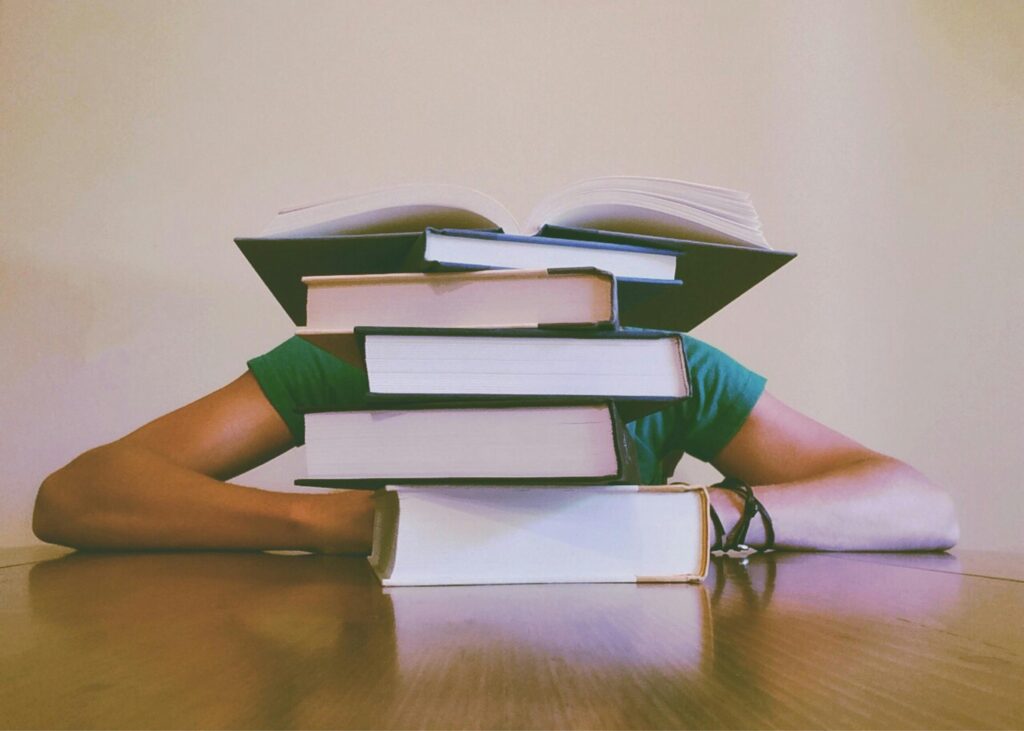
These are more specific ways you can study for an upcoming test.
- Make a study guide as you go
If you often use a study guide to review all of the topics at the end of a unit, it will save you A LOT of time to make your study guide as you learn the topics. For each homework or classwork assignment, mark the questions you really struggled with, and add them to a cumulative study guide. You can take a picture and upload it to Google Docs or re-write the question on paper. At the end of the unit, you'll have all the questions you struggled with. This way you'll be able to study them easier, without having to spend hours on creating your study guide.
- Do the Homework
This tip seems really simple, but don't underestimate the power of homework when it comes to reinforcing concepts. I always find that when I actually do the homework for the class I get to put in a lot less effort when studying for tests. Having constant practice on what you're learning is helpful because it gives you information on which concepts you're struggling to understand.
3. Best Studying Websites
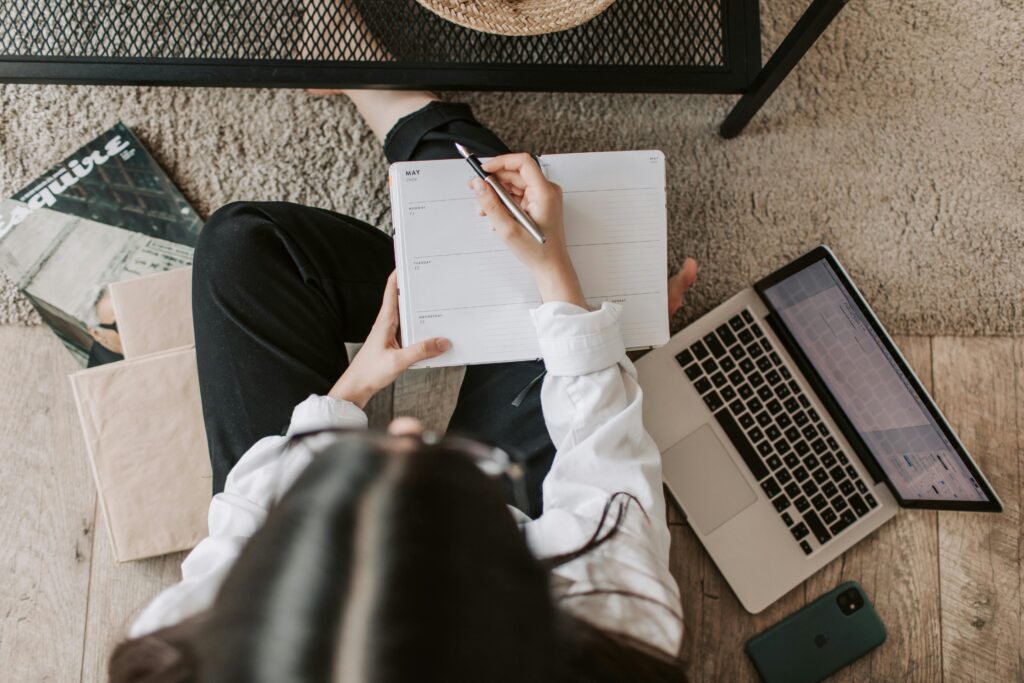
There are a ton of websites out there that help with your studying.
- Quizlet & Khan Academy
I know everyone uses these but when they're used the right way both of these can be very powerful resources. Khan Academy has a ton of videos online explaining math concepts (which is what I use them for) and breaking down other subjects too. These videos are a lifesaver when it comes to topics you feel weren't covered well in school. Like I said earlier, Quizlet is great for vocabulary classes. I used it constantly for Anatomy & Physiology, AP Psychology, and sometimes AP Art History.
- YouTube
This may seem a little random, but YouTube is on this list for the same reason Khan Academy. There are SO MANY YouTube videos and tutorials teaching you how to understand school concepts. There are also a ton of channels that specialize directly in one subject. YouTube is also great because you can pretty easily check the credibility of a video. Often people will say whether they are an actual teacher in the subject they make videos on, or you can check for company logos like the Khan Academy one. You should DOUBLE CHECK that the channel you're learning from has the qualifications to be teaching the topic.
- ChatGPT
Make sure you're extremely careful and vigilant with the way you use ChatGPT. NEVER put yourself in the position of getting accused of cheating. However, ChatGPT can be helpful with studying or homework. For stem classes, I will usually prompt ChatGPT with a few of the practice problems I've gotten from a teacher. Then, I ask it to make more for me. For a writing assignment, I'll input an essay I wrote and ask ChatGPT to summarize my essay to see if my point is clear. There are many ways to utilize ChatGPT, and when used ethically, it can be super helpful.
4. Test Preparation Tips
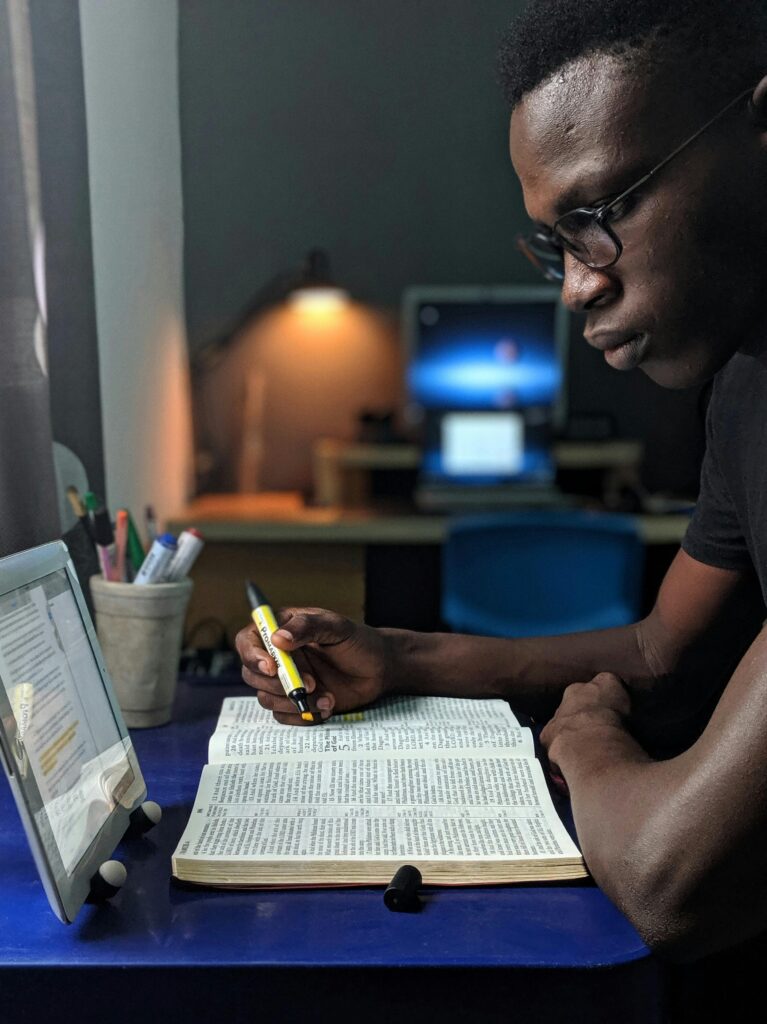
Test prep is an important way to start off on the right foot when it comes to taking tests. I know most test prep tips seem like they're overused, but a lot of them actually work wonders.
Getting a good night's sleep is super important the night before a test, but it is also vital the nights after a really big study session. If you learned a lot of material one night's sleep can help with your memory consolidation. If you pair that with repetition and study right before a good night of sleep for a couple of days before your test you should be extremely prepared.
Additionally, the advice about eating a healthy breakfast the morning of a test works wonders. Eating things packed with fiber and/or protein will help with stamina, energy, and focus during a test.
Also, if you get nervous before a test, practice a simple calming routine in the days leading up to test day. Practicing strategies like deep breathing, or grounding techniques before you're actually in a stressful scenario can improve their effectiveness.
Overall, if you're down to the night before a test you have to decide to trust in all of the work you put in studying and remain calm and confident.
5. Tackle Easy Questions First
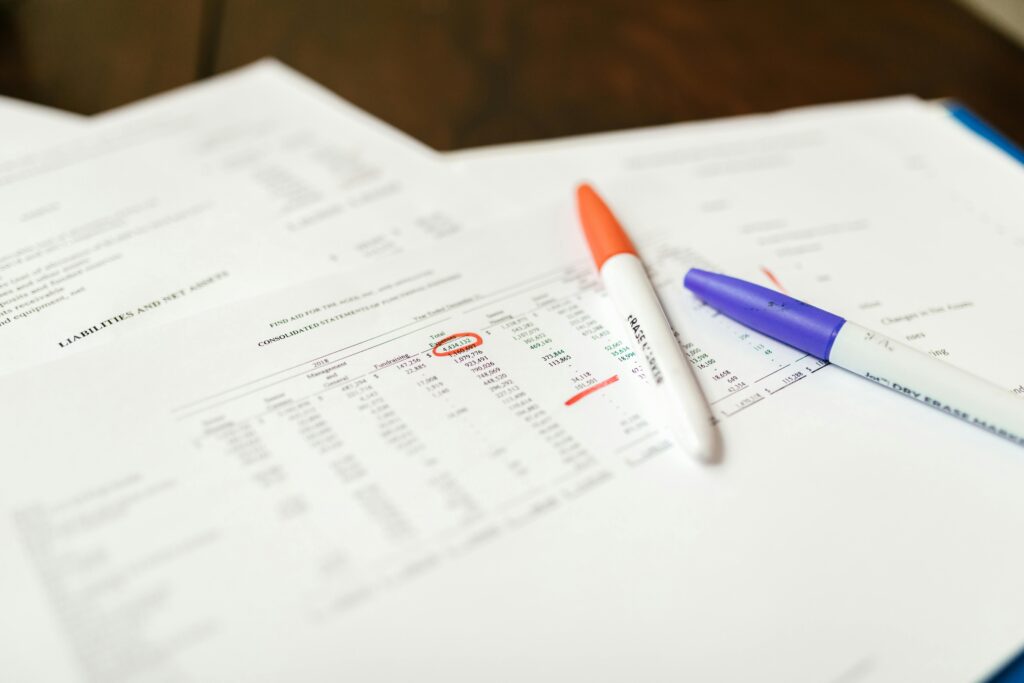
Once you're actually sitting down to take the test, there are a few strategies that can help you maximize your potential. My favorite which can be a boost to your confidence, is to tackle the easy questions first. For most tests, the more simple sections will be at the beginning of the test.
I know a lot of people like to flip to the back of the test if there's a writing section or a difficult task. But, finishing what you're confident about can help you feel like the test is going smoother. The hard parts of the test are meant to challenge you, and if you can't figure it out immediately you might feel discouraged. This is why I recommend finishing the smaller tasks, taking the boost to your confidence, and then continuing.
Here's another tip that works SO WELL for small memorization tests. Right before the test, look at what you have to remember and repeat it until you're handed you're test. Then, as soon as you get the paper write it down at the top of the page. This way it doesn't have to take up mental space during the test. But it's there whenever you need it.
6. Read Slowly and Carefully

This one might seem like a no-brainer. However, it's important to be super intentional with this. Not reading the directions carefully enough could cost you a lot of vital points. Especially on tests that have multiple sections with different directions. Take a few deep breaths and make sure you're reading carefully.
This tip is also a really great one to use when double-checking your work. If you're someone who just works quickly, it can be hard to change the testing habits you've already built. A way to still read carefully without having to change a habit is to add a new one. When you finish the test take a quick minute to read through all of the directions and ensure you did everything correctly.
This can actually save SO MANY small but crucial points.
7. Use the Test to take the Test
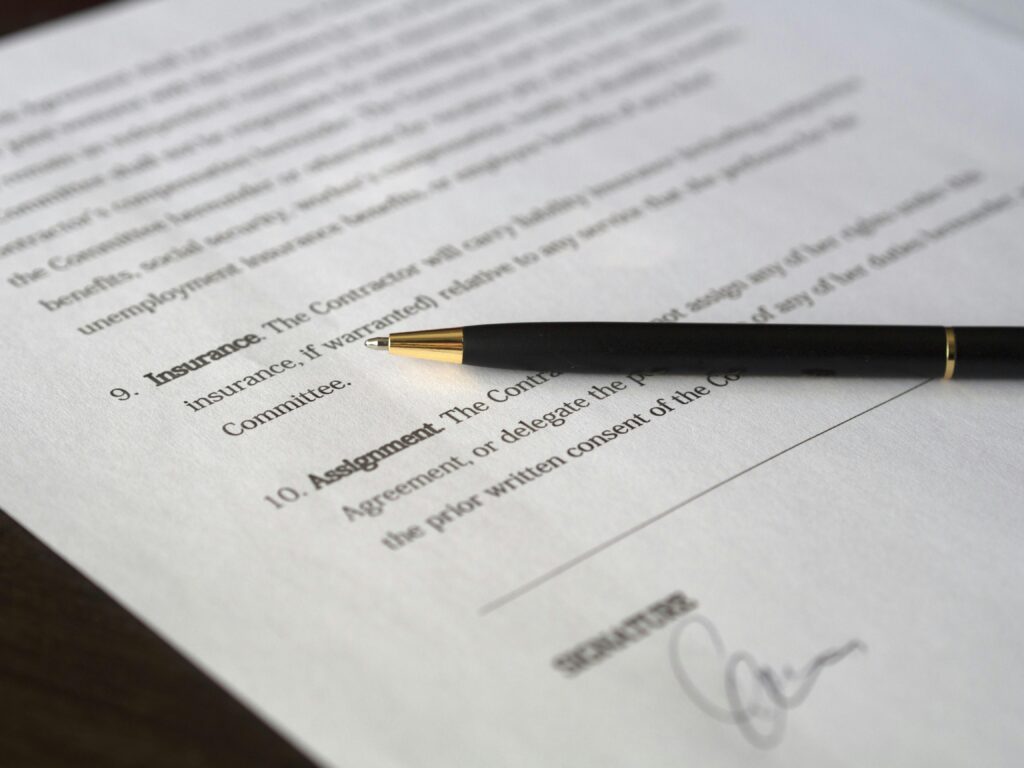
I'm sure you've heard of this tip before, or maybe you just do it intuitively. Using the test to take the test can actually save you so much stress and help you answer questions that have you stuck. Since the test topics are limited, it can be difficult to create a test with zero questions that overlap. This often means that some of the answers to the test are on the test in the form of a question.
If you're stuck on a question it's worth it to take a look at the other related questions on the test. Those questions might have a clue or give you a hint about the answer.
Keep in mind, that this tip doesn't always work, but it's my tried and true method for whenever I truly don't know an answer. It's always worth it to check if there are any hints on the test. And, since the test is written by the teacher, you have a guarantee that any answer you find on it is correct.
8. Double Check Your Work
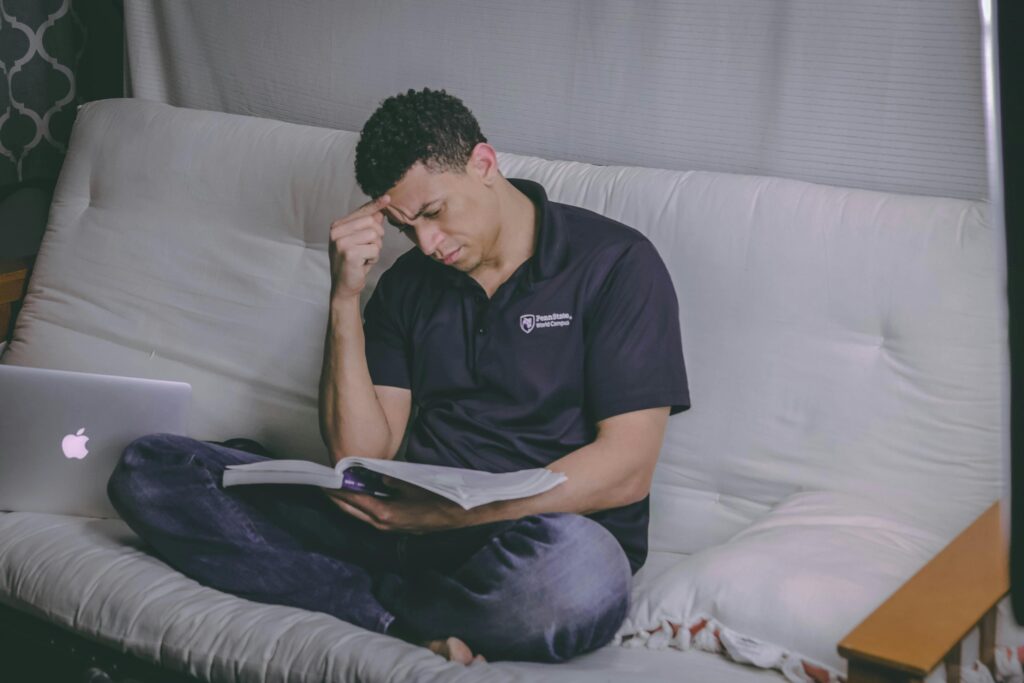
I mentioned this in the section about reading slowly, but it's truly SO IMPORTANT. You don't want to have a bunch of test points taken off just because of a mistake. Checking your work ensures that you've maximized every opportunity in your control to get the best grade possible.
You should always be checking to make sure you followed directions. I also like to go back to any questions I really struggled with/anything I took a long time with. The longer a test question takes you or the more confused you are, the more prone you are to mistakes.
Going back to questions that took you a long time or confusing questions is the perfect way to ensure you don't make any stupid mistakes. I know it can seem inconsequential. All of these tips on their own don't make any drastic changes to your test score. BUT, using them all together and consistently can really make a difference.
9. Tackling Questions You Don't Know the Answer To
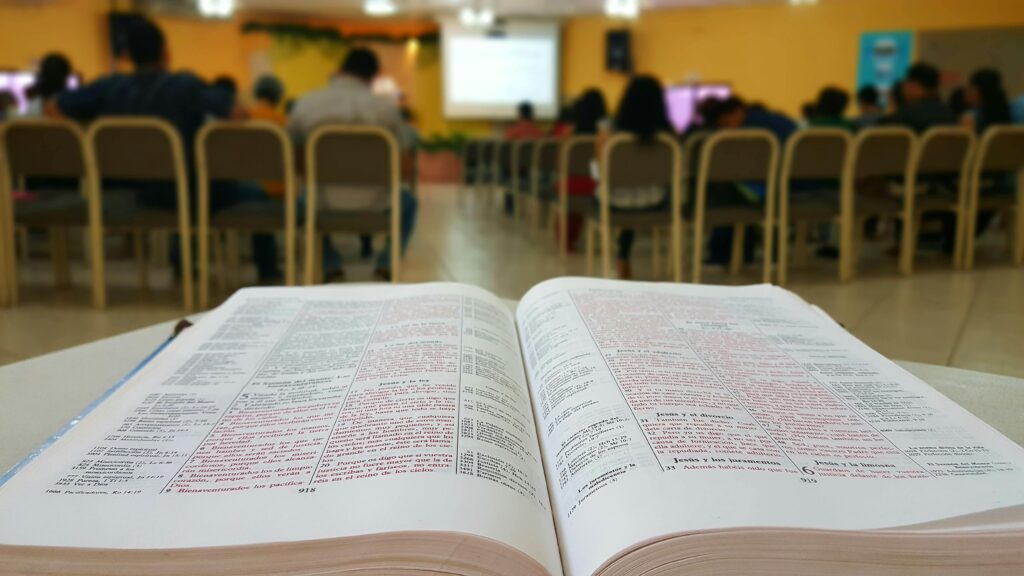
Some of the advice above was geared towards this but here are some more specific ideas for tackling questions you don't know the answer to. I would always start by eliminating the answers you know are wrong. There are usually one or two in a question and this immediately increases your odds of getting the answer right.
Another thing that might help is breaking the question down. What is it specifically that's confusing you? Sometimes it helps to narrow down the issue to a specific word or concept. This can also help with eliminating wrong answer choices because now you have an idea of what you're looking for.
Lastly, I would say make a guess and move on. After you have down all of the elimination tactics you can do it's best to just guess and continue going. You don't want to spend all of you're time on a question. Also, don't let the struggle with one question knock down your confidence. You've prepared for the test and you can DEFINITELY still do well even if you get a couple of questions wrong.
This post was all about how to take a test confidently and strategically.
Another Post You Might Like: 5 Popular School Necessities To Make Your School Year Easier